Used Grace Quilting Frames For Sale – Thrift stores and consignment shops often work with charitable organizations or local non-profits, using the proceeds from sales to support various causes. Additionally, there is the challenge of integrating the business into their existing operations and ensuring that it continues to thrive under new ownership. Everything for sale. Thrift stores often carry a wide variety of goods, from clothing and accessories to furniture, books, and electronics, and each item comes with its own story. Yet, despite this shift, the appeal of quality craftsmanship has not waned. They also often help with legal and financial aspects, ensuring that the transaction is completed smoothly and efficiently. This can be particularly advantageous for entrepreneurs who might have experience in business operations but lack the time or resources to build a new venture from the ground up. For many people, there is something uniquely satisfying about sifting through racks of clothes, rummaging through bins of books, or browsing shelves of home goods in search of that perfect item. Websites like eBay, Craigslist, Facebook Marketplace, and Poshmark have made it easier than ever for individuals to sell their unwanted items and for buyers to find exactly what they are looking for. Therapists offer their services for a fee, and online courses promise to give us the knowledge we need to succeed — all in exchange for money. Beyond financial savings and environmental impact, second-hand goods also offer a sense of nostalgia and connection to the past. Thrift stores, estate sales, and online marketplaces are excellent places to find second-hand furniture, with options ranging from antique and vintage pieces to more contemporary items. It is only through diligent research that a buyer can truly determine whether the business is worth the asking price. Additionally, many second-hand items are still in excellent condition, having been gently used or well-maintained by their previous owners, further enhancing the appeal of these products. For sellers, the market for second-hand goods offers an opportunity to declutter their homes and make some extra money. Another key benefit of second-hand goods is their positive impact on the environment. People place their belongings for sale for many reasons. People are rediscovering the value of items that have been made by hand, with care and skill, as opposed to the impersonal, assembly-line products that dominate the marketplace. Manufacturing new items requires energy, raw materials, and natural resources, all of which contribute to environmental degradation. The idea of buying things that were once owned by someone else is no longer considered taboo or lesser; rather, it has become a lifestyle choice for those who want to make smarter, more ethical purchasing decisions.

Grace Pro Quilting Frame for sale For Sale Used Quilting Machines
Best dealsget the best dealsshop & savelimited time deals
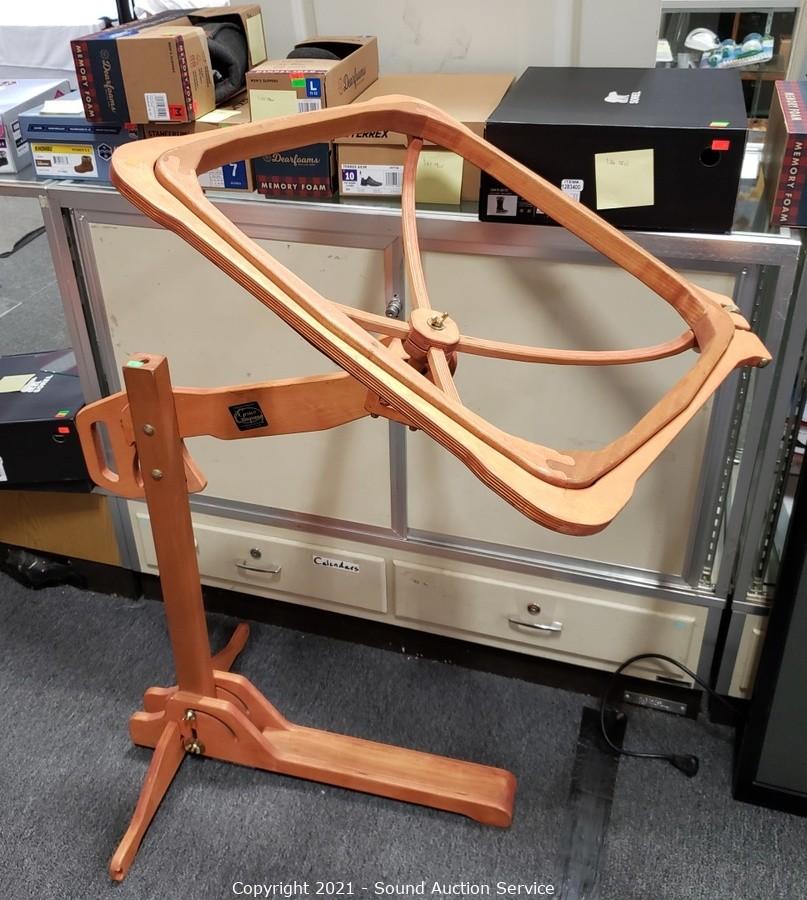
Sound Auction Service Auction 02/16/21 Price & Others Online Auction
Best dealsget the best dealsshop & savelimited time deals
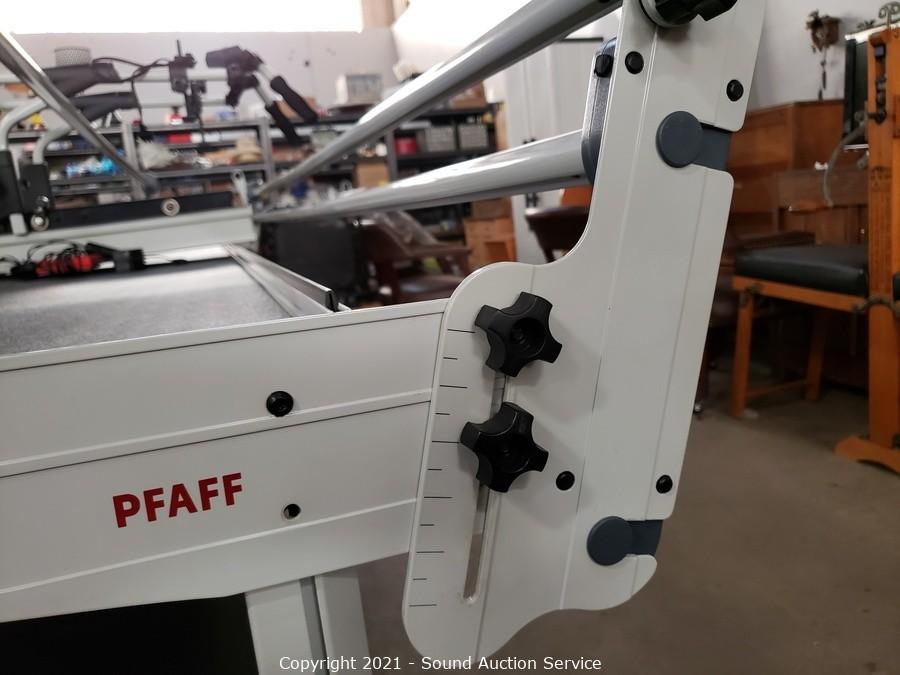
Sound Auction Service Auction 04/29/21 Morales, Adams & Others
Best dealsget the best dealsshop & savelimited time deals
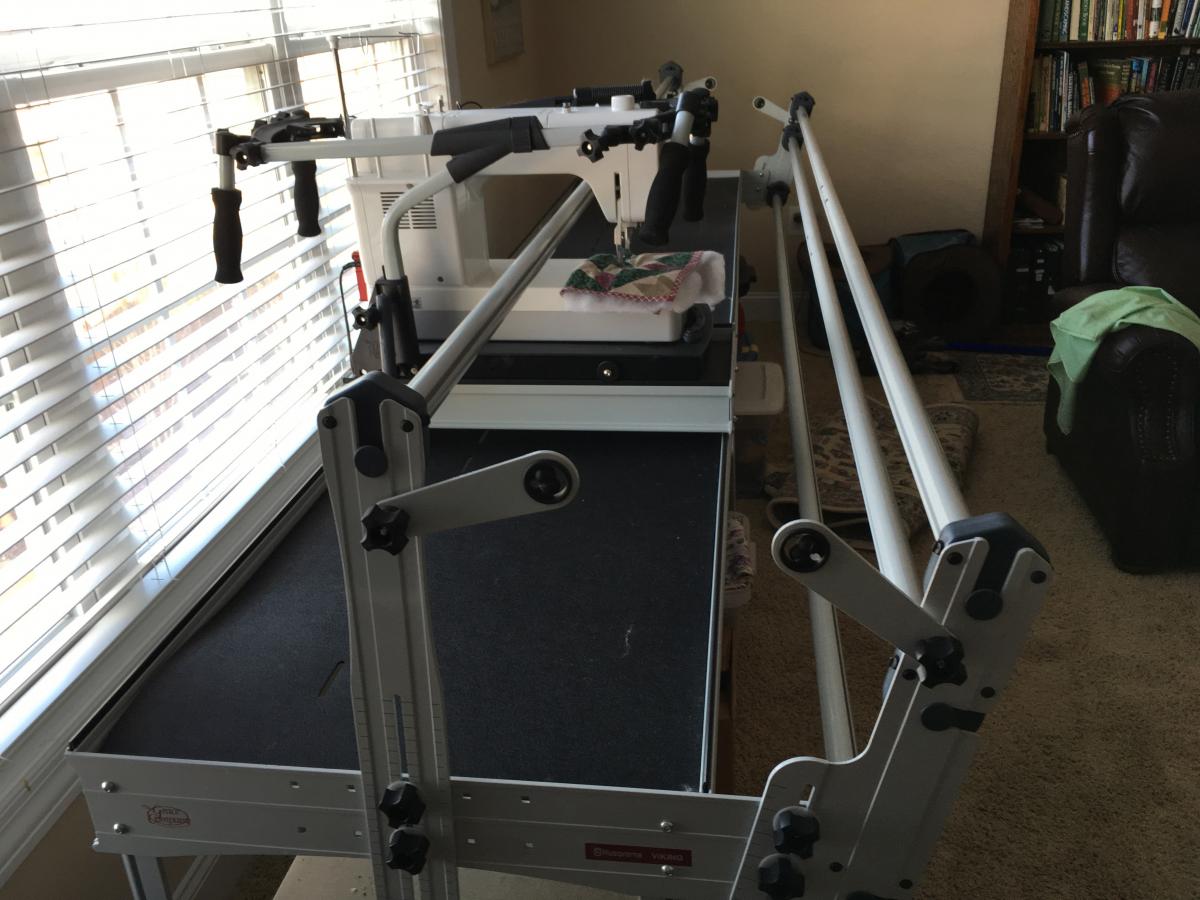
SOLD Grace Co Next Generation Quilt frame/Husqvarna Viking Mega Quilter
Best dealsget the best dealsshop & savelimited time deals

Grace Pro Quilting Frame for sale For Sale Used Quilting Machines
Best dealsget the best dealsshop & savelimited time deals
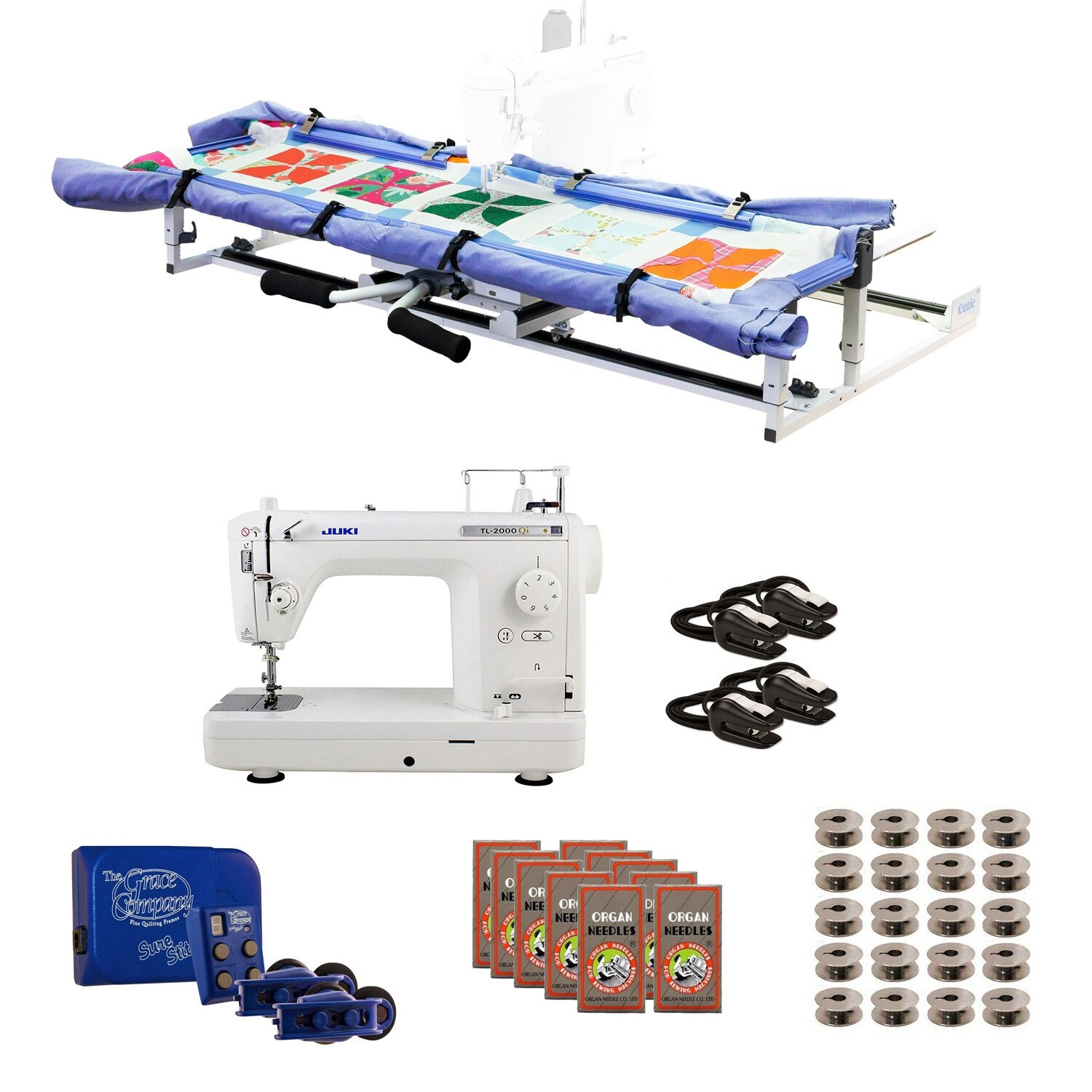
Quilting Frame for sale Only 2 left at 60
Best dealsget the best dealsshop & savelimited time deals
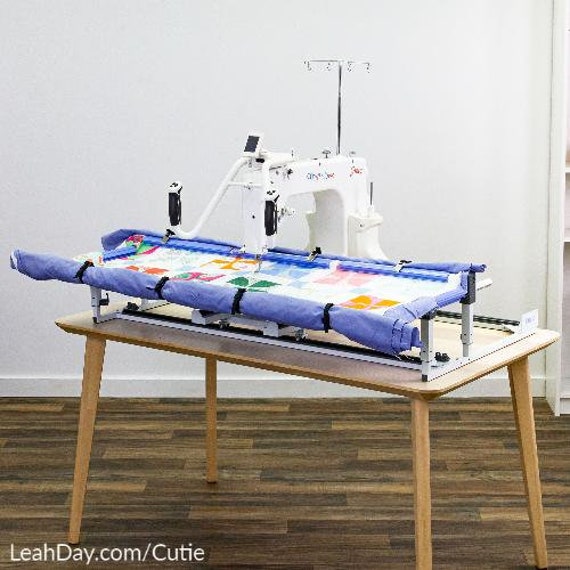
The Cutie Tabletop Quilting Frame by the Grace Company Etsy
Best dealsget the best dealsshop & savelimited time deals
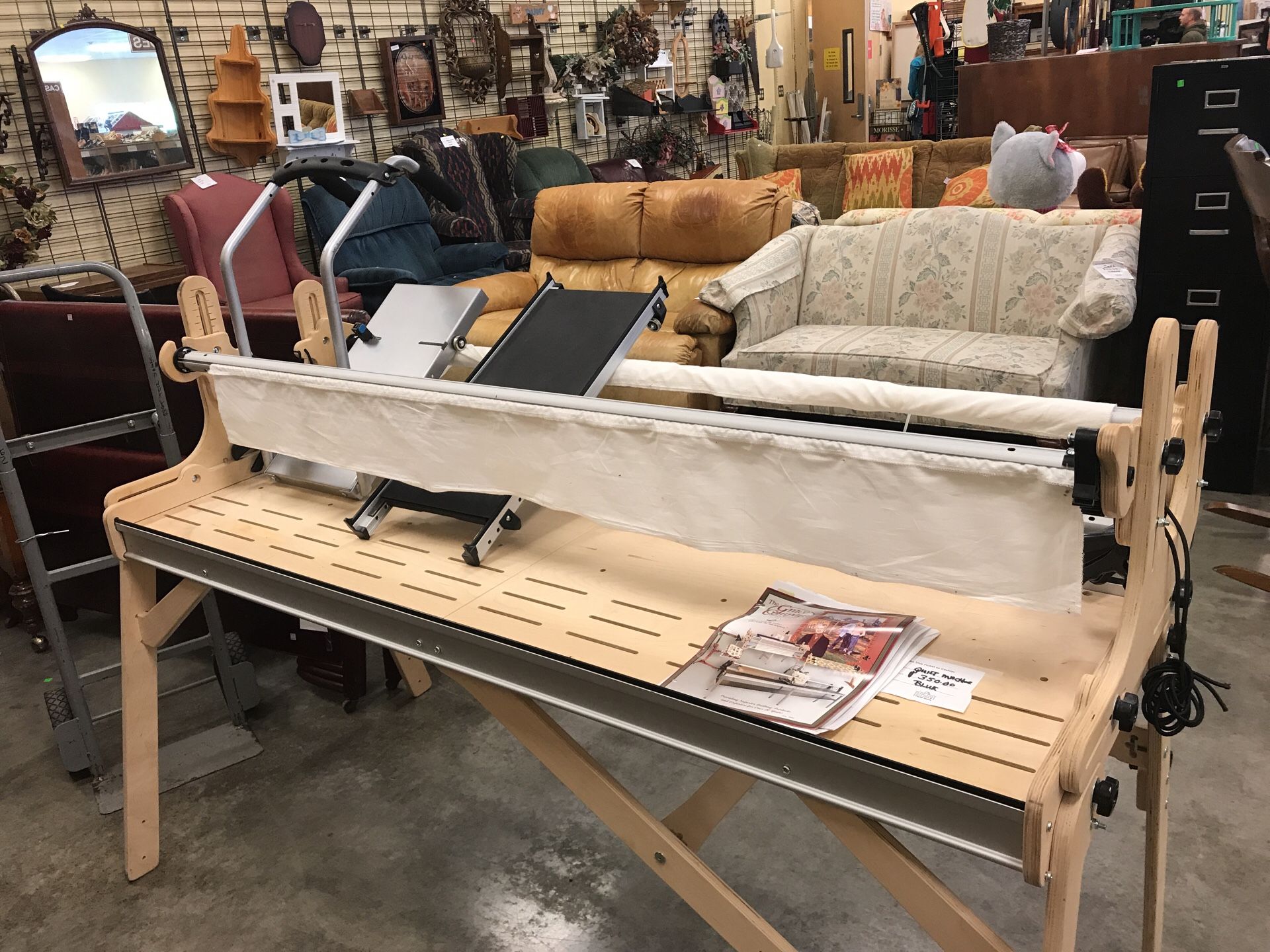
Little Gracie II Machine Quilting Frame for Sale in Mount Vernon, WA
Best dealsget the best dealsshop & savelimited time deals

FOR SALE 18.8 PFAFF LONG ARM ON 10 FT. GRACE INSPIRA FRAME For Sale
Best dealsget the best dealsshop & savelimited time deals
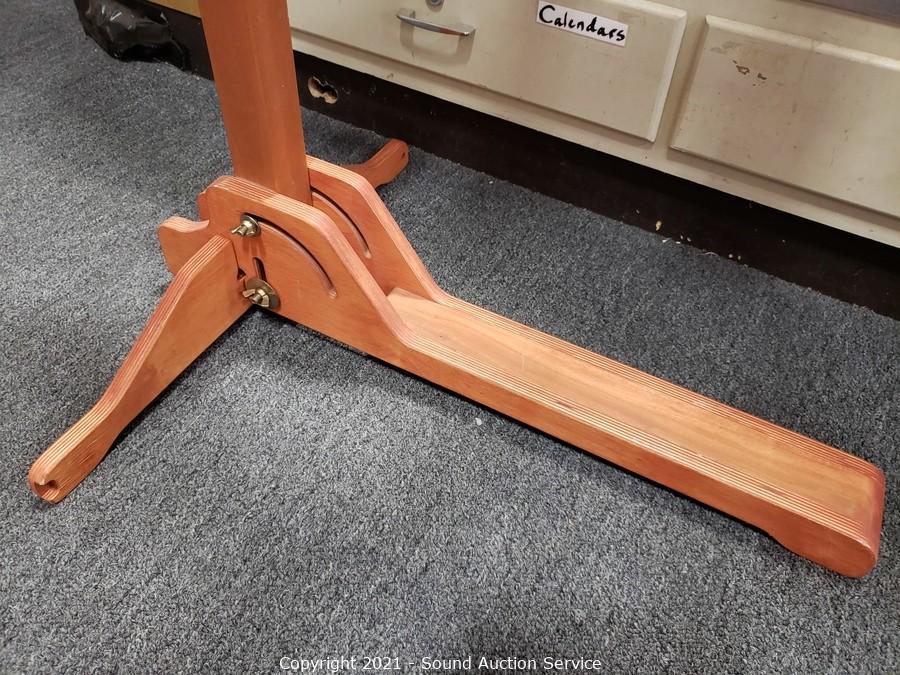
Sound Auction Service Auction 02/16/21 Price & Others Online Auction
Best dealsget the best dealsshop & savelimited time deals
We start to treat people as commodities, too — as means to an end, as tools for achieving personal success or social status. Vintage items, antiques, and pre-loved goods often carry stories and histories that new products simply cannot replicate. In this digital age, it often feels like there’s no such thing as privacy anymore, and that’s because we’ve essentially agreed to sell pieces of ourselves in exchange for recognition, affirmation, or even money. With the rising costs of new products, especially in categories like electronics, clothing, and furniture, purchasing second-hand items can offer significant savings. With the rise of e-commerce, the accessibility of quality goods for sale has expanded exponentially. This has opened up new possibilities for people to find exactly what they’re looking for, whether it’s a specific brand of furniture or a limited edition item that was once sold out. Through online marketplaces and platforms, small businesses and independent creators can sell their goods to a global audience. In a world dominated by fast fashion, disposable electronics, and mass-produced items, many people are beginning to question the value of constantly purchasing new products. The marketplace for second-hand items continues to grow, driven by economic, environmental, and cultural factors. For sellers, online platforms provide a global marketplace, allowing them to reach a wider audience than they would through traditional brick-and-mortar stores. But the financial aspect is only one part of the equation. Perhaps the most troubling aspect of the idea that everything is for sale is how it can shape the way we view the world and each other. Overpricing an item can lead to it sitting unsold, while underpricing it can result in lost potential revenue. For buyers, the process typically starts with identifying a business that aligns with their interests, skills, and goals. They become part of the story of the buyer and the creator, connecting people to a tradition of excellence, heritage, and care. The idea of “everything for sale” challenges our understanding of what is sacred, what is essential, and what is truly priceless. We live in a society where people constantly trade their time for money, their expertise for compensation, their dreams for tangible rewards. Additionally, brick-and-mortar thrift stores and consignment shops provide a more traditional avenue for selling second-hand goods. The same logic applies to tools, kitchen appliances, furniture, and even technology. These goods aren’t just products; they are symbols of craftsmanship, heritage, and pride.
In fact, there’s been a resurgence of interest in artisanal, locally-made products, especially in industries like fashion, home decor, and food. The very notion that everything can be bought and sold creates a society where inequality is not just accepted, but ingrained in the very structure of the economy. The role of business brokers and intermediaries has become increasingly important in today’s business-for-sale market. A well-maintained, quality leather jacket may last a lifetime, whereas a low-cost alternative might only hold up for a couple of seasons. Many second-hand clothing stores and online platforms specialize in curating high-quality, gently used apparel, making it easy for consumers to find fashionable items that align with their tastes. For buyers, the process typically starts with identifying a business that aligns with their interests, skills, and goals. This subjective nature of value is what makes the “for sale” market so dynamic. The world of second-hand shopping has also made quality goods more accessible. This has made it easier for people to find items that might have otherwise been out of reach, whether it’s a rare collectible, an antique, or a product from another country. For example, someone might be able to purchase a used smartphone or laptop with the same features and specifications as a brand-new model, but at a significantly reduced price. The ability to share knowledge, ideas, and resources has empowered individuals in ways that were previously unimaginable. It carries the marks of life’s moments: the road trips, the adventures, the daily commutes, the memories of friends and family. One common concern is the risk of purchasing items that are damaged or not as described. The items placed for sale are not merely commodities; they are often vessels of memories, symbols of past achievements, or representations of something bigger than the price tag they carry. Similarly, a quality suit made from fine wool will age gracefully, developing a patina that speaks to its craftsmanship. It’s a small but significant way to make a positive impact on the planet, especially when one considers the volume of waste generated by fast fashion, electronic waste, and disposable goods. This is especially true in a world dominated by fast fashion, disposable electronics, and mass-produced products. We start to treat people as commodities, too — as means to an end, as tools for achieving personal success or social status. A home is more than just walls and a roof; it’s where memories are made, where families grow, and where life unfolds. It involves an in-depth understanding of the business’s financials, operations, and market position.